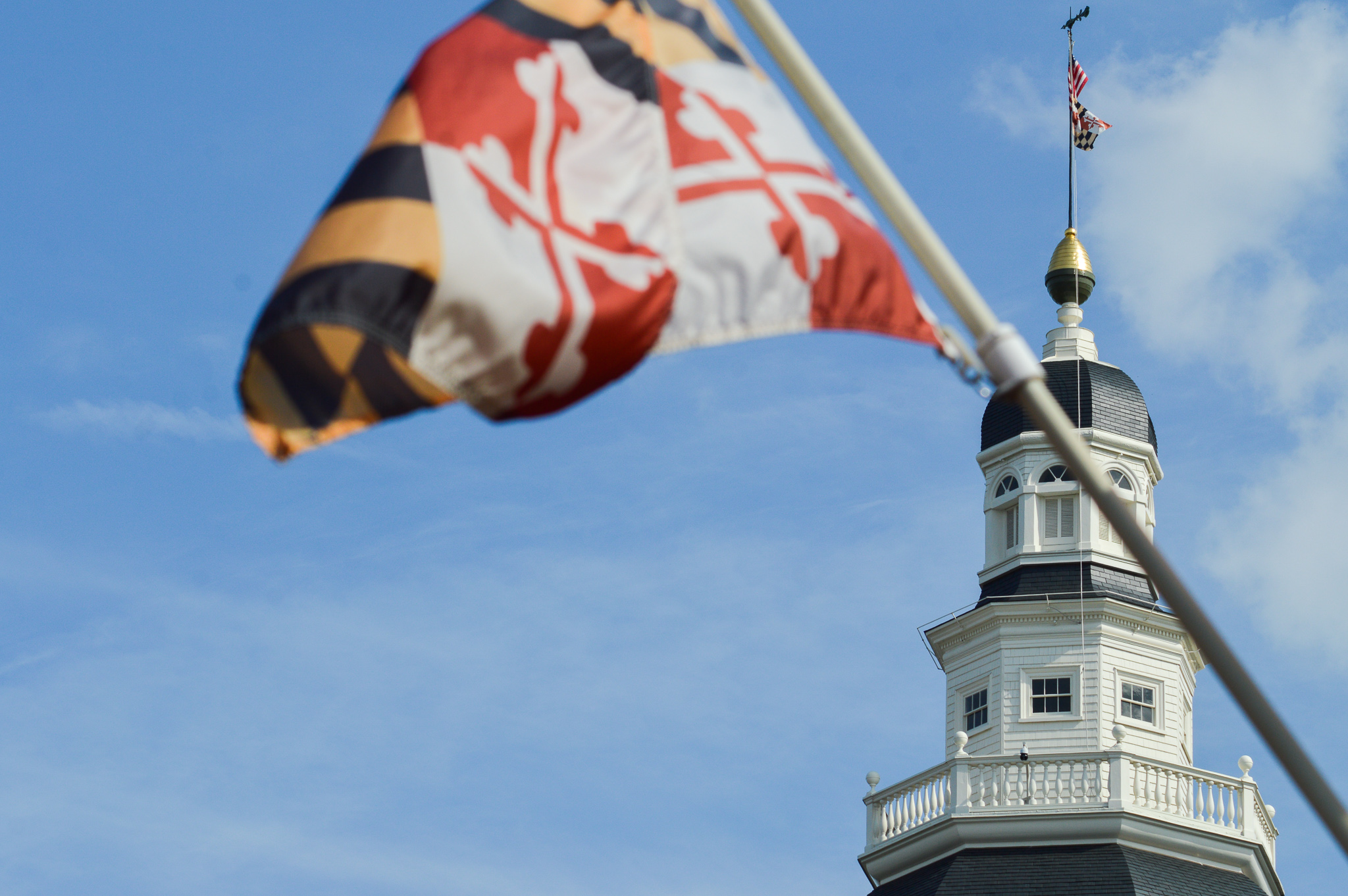Maryland voters will decide whether to enshrine reproductive rights in the state’s constitution in this November’s election.
If approved, the measure would amend the state’s constitution to protect the “right to reproductive freedom,” which includes access to abortion and contraception.
The Right to Reproductive Freedom Amendment, listed as Question 1 on Maryland’s ballot, comes about two years after a June 2022 Supreme Court ruling overturned Roe v. Wade and removed federal protections for abortion.
After the Supreme Court overturned the landmark decision, the Maryland General Assembly passed a bill in 2023 to let Marylanders weigh in on the amendment through a statewide referendum.
Maryland is one of 10 states, including Arizona, Florida and Montana, that will include abortion-related questions on its ballot this November, according to ABC News.
Jakeya Johnson, the executive director of advocacy organization Reproductive Justice Maryland, emphasized that the amendment will not change current state laws.
“It just puts those laws into our state constitution to protect them from changes in political power,” Johnson said.
[Maryland receives $13.9 million in federal funding to help people with disabilities]
Del. Mary Lehman (D-Anne Arundel and Prince George’s), one of College Park’s state representatives, said she was “absolutely sick to [her] stomach” when she learned of the Supreme Court’s decision to overturn Roe v. Wade.
Lehman said her four children, who are in their 20s, have fewer rights than she did at their age because of the 2022 decision.
“I don’t want a future like that for them,” she said. “Not in Maryland, not anywhere in this country.”
Hannah Breslau, president of the University of Maryland’s Repro Terps student organization, which advocates for reproductive justice, said the group has worked to increase awareness about the ballot question at this university.
Many students do not know about the ballot question, the senior public policy major said. But she added that “awareness has definitely increased” since the semester started.
Opponents of the ballot question say its language is too broad and would undermine parental rights.
[Here’s what is on the ballot in Maryland this November]
Jeffrey Trimbath, the president of Maryland Family Institute, a nonprofit that aims to protect parental rights, said the proposed amendment would “undermine a parent’s ability to recommend healthcare decisions for their children.”
Deborah Brocato the chair of Health Not Harm MD, a political committee that opposes the amendment, and has been working to educate Marylanders about the ballot measures’ dangers.
The question does not define several terms, such as reproductive freedom, and fails to mention others, including abortion, she said.
“If they wanted a true abortion amendment, they should go back and redo it,” Brocato said.
State law has protected abortion since 1992 when voters supported a ballot question to codify Roe v. Wade. More than 61 percent of voters supported the question.
A poll conducted by the University of Maryland, Baltimore County’s politics institute in September found that 69 percent of likely Maryland voters said they would vote for the amendment, while 21 percent said they would vote against it.



